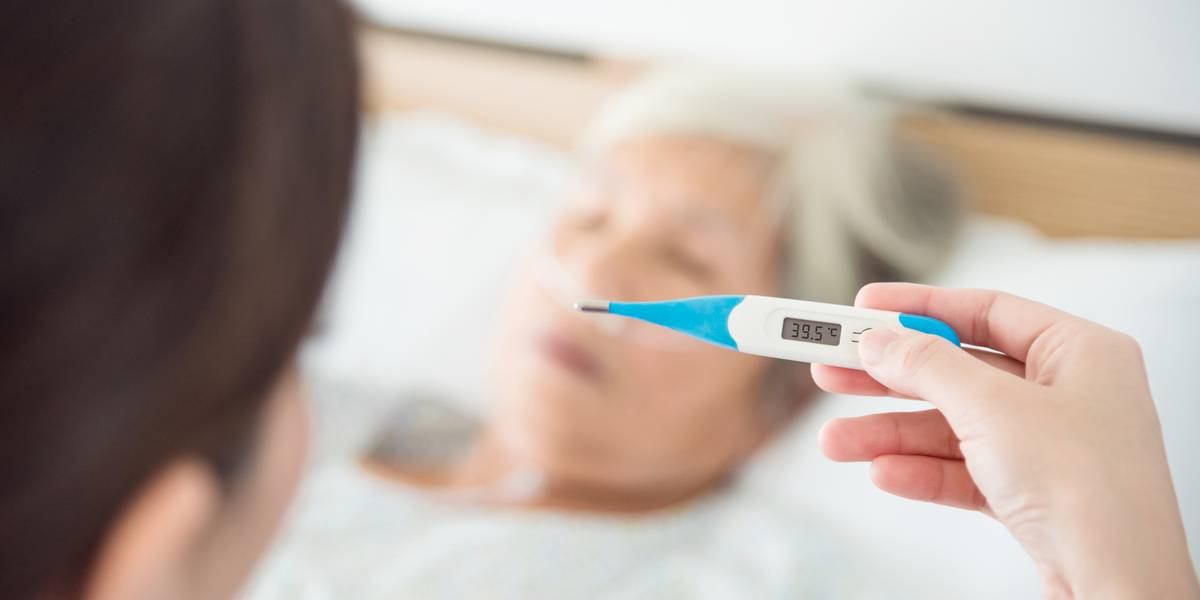A study of cardiac arrest survivors has suggested that processes in the dying brain could open up “new dimensions of reality”, including recall of stored memories, offering a new insight into human consciousness.
The research found that some of those revived by CPR had strong memories of experiencing death up to an hour after their hearts stopped. The study also showed that survivors experienced brain patterns associated with thought and memory while they were unconscious.
The findings are different to the long-reported near-death experiences of hallucinations, delusions, illusions and dreams.
The team behind the study suggests that as the brain dies, or ‘flatlines’, natural inhibitory – or braking – systems are removed. This could lead to access to “new dimensions of reality” such as recalling stored memories from throughout your life, examined from a morality viewpoint.
This process “opens the door to a systematic exploration of what happens when a person dies”, researchers say.
The study involved 567 survivors of cardiac arrest in hospitals mostly in the UK and the US. Four in 10 of the survivors were able to recall a level of consciousness during CPR that wasn’t picked up by standard screening.
Within the group of patients whose brains were monitored, almost 40% were recorded as having brain activity that had returned to normal or nearly normal levels even after CPR had been going on for an hour.
Senior study author Associate Professor Dr Sam Parnia, director of critical care and resuscitation research at NYU Langone, said: “Although doctors have long thought that the brain suffers permanent damage about 10 minutes after the heart stops supplying it with oxygen, our work found that the brain can show signs of electrical recovery long into ongoing CPR. This is the first large study to show that these recollections and brain wave changes may be signs of universal, shared elements of so-called near-death experiences.
“These experiences provide a glimpse into a real, yet little understood dimension of human consciousness that becomes uncovered with death. The findings may also guide the design of new ways to restart the heart or prevent brain injuries and hold implications for transplantation.”
Read the study in Resuscitation.






